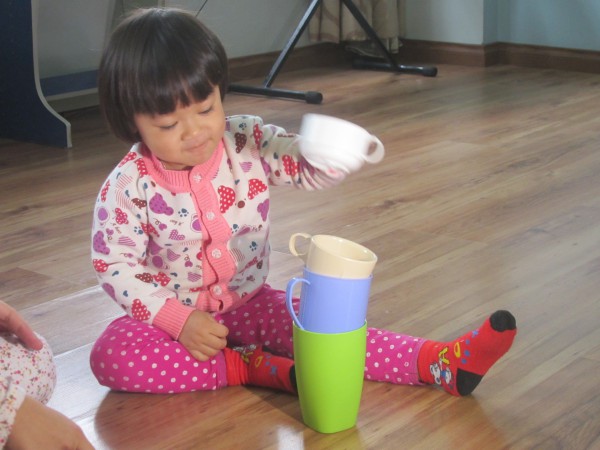5/11/2015 - 11:41 pm
0
The achievement of this research project has contributed greatly to policy advocacy effort towards promoting child development in the early ears (1000 thousand days). After its successful effect, Australia National Health and Medical Research Council (NHMRC) has granted this research extended fund for 3 years (from 2016 to 2019) to strengthen its goal of developing sustainable ways to promote and nurture healthy child and brain development in the first 1000 days at scale with lasting impact on human capital in Vietnamese low-resource settings.
Grand Challenge Canada-funded Saving Brains Innovation’s initiative targeting women and children in rural areas in Vietnam entitled “Project Learning Clubs for women health and infant development in rural Vietnam” has proved its successful mission. Recently the project result was reported locally at a Child Protection research workshop in Hanoi, and internationally as well in Bejing in October 2015.
The idea of Saving brains is to establish Learning Clubs where women in pregnancy and 24 months of postpartum can participate in an evidence-informed and structured educational program on early childcare and development in terms of physical health, language, intellectual, cognitive, emotional, motor and social interaction skill development and maternal mental health care. Learning Clubs also act as a forum for fathers and grandparents to attend and learn how to play active roles in maternal and child care. There were 9 topics covered in the learning activities, including: pregnancy care, labor and delivery, maternal mental health care in pregnancy and postpartum, neonatal care, breast feeding and supplementary feeding, care for child illness, instructions for stimulating infants’ physical, intellectual, nutritional, psychological-emotional-social development, child injuries prevention, and family support in maternal and child care.
The project was piloted in three rural communities in Ha Nam province totaling 23,500 people; their main livelihood is rice farming. Five educational modules were developed and delivered. After two years of implementation, the project has obtained promisingly positive results. There were increases in numbers of parents reported improvement in emotional and verbal responsibility to their 7-12-months-old children. The percentage of parents improving their acceptance of child challenging behaviors increased considerably as well. This manifests the shift in parents’ prioritization from focusing mostly on physical and nutritional growth to emotional and social well-being of infants.
The comprehensive impact of this project has led to a breakthrough in child law advocacy. A policy brief to the National Assembly on adding the service on early childhood development, especially on the first 1000 days, into the revised Child Law was taken by the Assembly. If it is approved in the 30 November 2015, early childhood development service will be covered by the health insurance and this project package will be used as resource for parenting education nationwide. Definitely, there is a potential possibility to integrate this project educational material and approach for the national early childhood development service which will be covered by Health Insurance, under the revised Child Law.

Parents started shift their prioritization from focusing mostly on physical and nutritional growth to emotional and social well-being of infants.
The extended grant from NHMRC and continuous collaboration between RTCCD and Monash University will further Saving Brains’ success and sustainable impact. RTCCD upholds the center’s responsibility, technical competency and ethical standard in conducting the research for the great expectation of better early childhood development for Vietnamese children.
Introduction of Saving Brains: Read more
Vân Mai